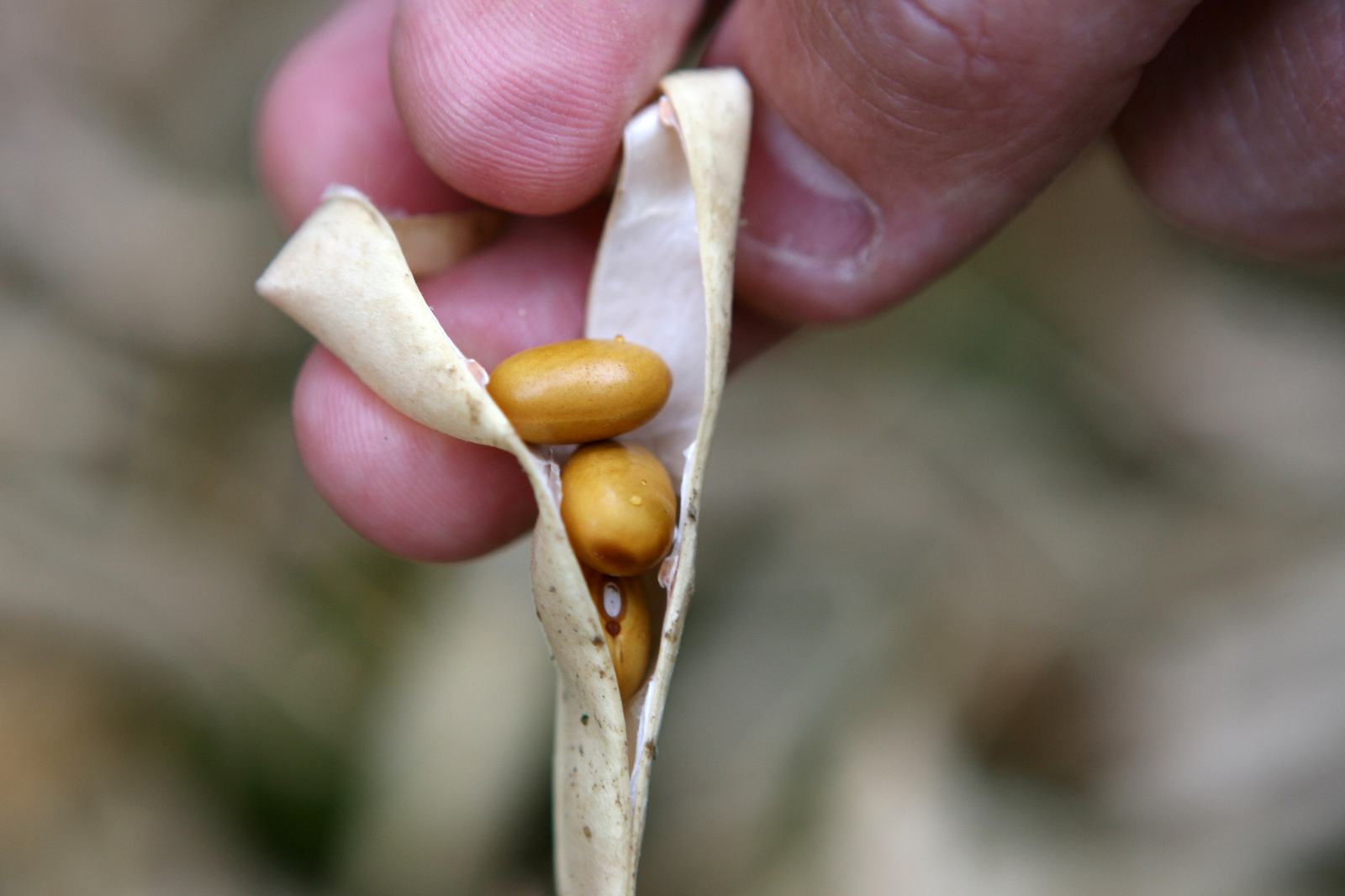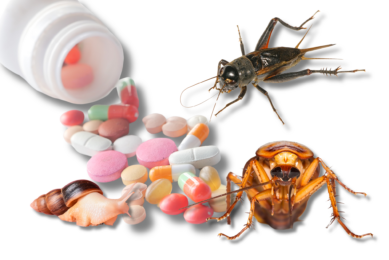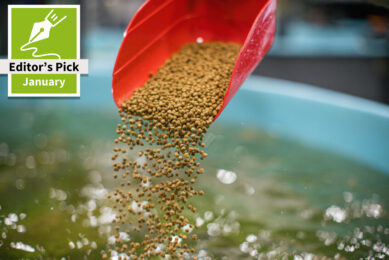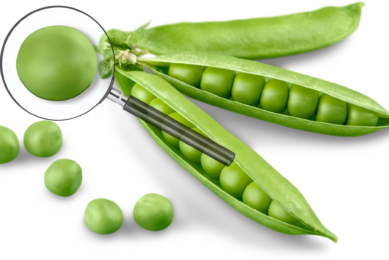2016: year of grain legumes

The United Nations has named 2016 the year of pulses (grain legumes). These type of raw materials are both valuable for human food and animal feed. What has All About Feed written about these pulses so far?
Pulses, or grain legumes, include many crops such as dry beans, dry peas, chickpeas, and lentils, which are high in protein, fibre, and micronutrients. Although soybeans are also part of this list, many studies have looked into replacing them with other legumes in animal diets.
Dutch bank ABN AMRO recently published an article in All About Feed, based on their report on alternative protein sources for animal diets. The author states: “Peas are especially interesting because of the good productivity and high protein content. This is why they are already included in animal feed. Their susceptibility to diseases at this time is a significant drawback of pea production. One must consider five to ten years for further breeding of the varieties used.”
A report from Wageningen UR looked at the possibilities of growing protein crops, including legumes, such as Vicia faba, lupines and peas, and chickpeas in Europe. According to the researchers, these crops can significantly contribute to the protein supply of pigs and poultry, although their anti-nutritional factors have to be taken into account.
Pea and other legume seeds contain several inhibitors that stop proteins being absorbed fully from the diet of humans, poultry and livestock. Dr Claire Domoney’s group at the John Innes Centre used non-GM methods to develop peas that don’t have these inhibitors. This new pea variety will help animals absorb more protein from the diet.
Feeding lupins to livestock also shows potential. “Lupins could be grown on virtually every livestock farm in the UK, helping to plug the protein gap and reducing the country’s reliance on imported soy,” says Christina Marley, who undertook a trial with these legumes at Aberystwyth University in Wales
Two projects commissioned by the English Beef and Lamb Executive (EBLEX) are investigating whether alternative protein sources, such as rapeseed meal, beans, peas and wheat distillers’ grains, can be used as substitutes for soya bean meal in sheep diets without affecting performance.











